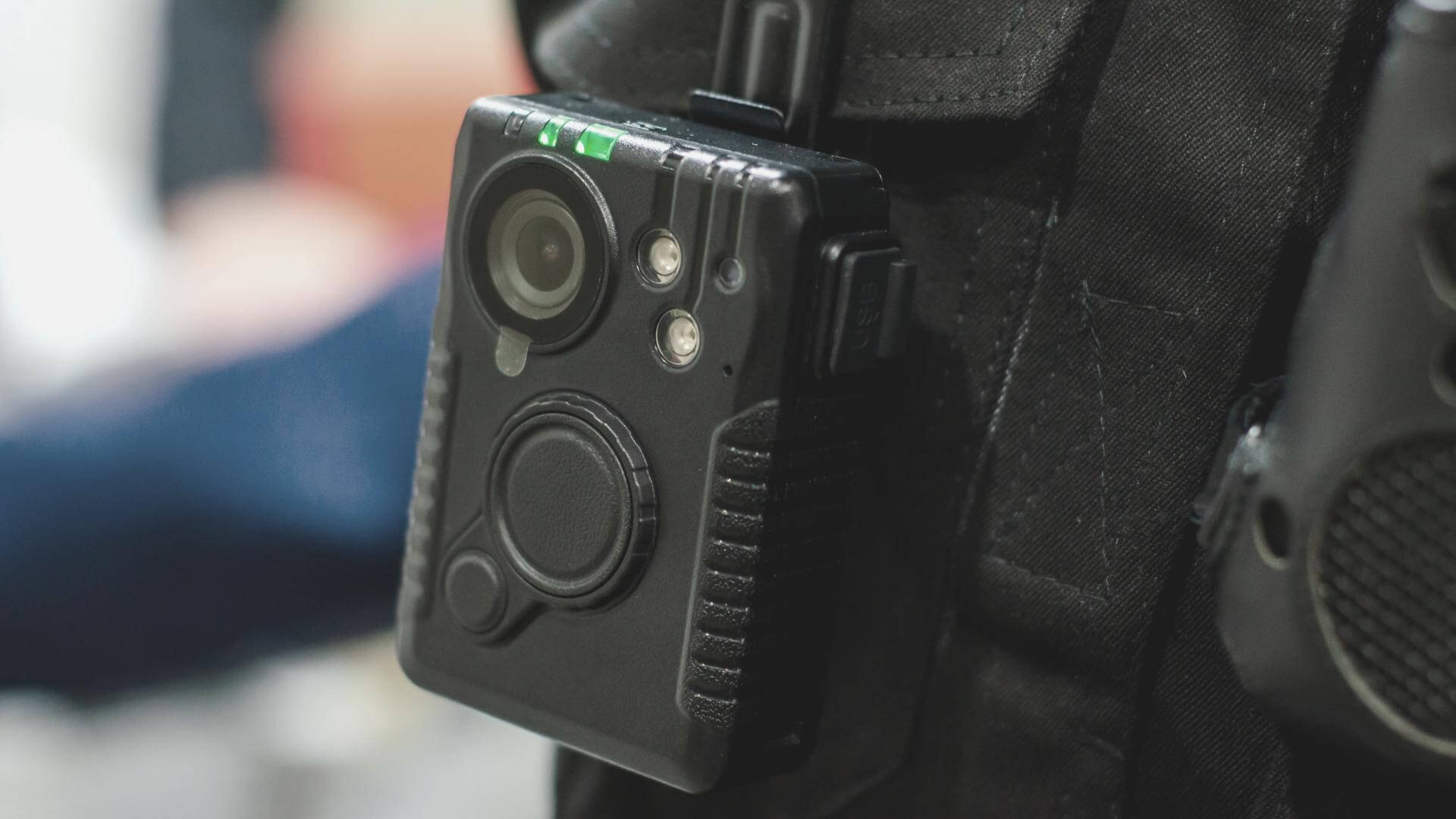Body-Worn Camera Footage Proves That Officers’ Use Of Force Was Unnecessary
In this week’s case from the Eighth Circuit, an officer was denied qualified immunity. It is important to remember that when reviewing a claim of qualified immunity, courts are not allowed to resolve genuine disputes of fact in favor of the party seeking summary judgment. In this case, there were two conflicting accounts of the events, but the court had body-worn camera footage that helped to establish the truth. Body cameras provide an unbiased view of an arrest and all parties involved. Jurors are more likely to find a police officer or defendant trustworthy when they can see the parties’ behavior firsthand. Body-worn camera evidence has become critical in cases where the defendant wants to prove their innocence.
Facts
On October 1, 2017, Officers Chris Chiprez and Joshua Riffel stopped Marquis Jones for playing loud music while driving in a residential neighborhood. Jones got out of his car and fled the traffic stop, with Officer Chiprez pursuing on foot and Officer Riffel intercepting Jones with the patrol car. Officer Riffel tackled Jones in the street, at which point he saw that Jones had a handgun. Officer Riffel pushed Jones away and shouted, “He’s got a gun, Chip!” Officer Chiprez arrived on foot and saw Officer Riffel retreating. Jones then ran up a hill, away from the officers, and Officer Chiprez shouted, “Drop it!” Seconds later, he fired seven shots, missing Jones. Jones ran through a gate into a fenced-in yard, where he got down on the ground. Officer Chiprez approached the yard, yelled “stop,” and shot Jones in the chest, killing him.
It is undisputed that Jones dropped the gun near where Officer Chiprez had ordered him to do so. However, Officer Chiprez claimed that he mistakenly believed Jones was still armed when he shot him, and that he reasonably believed Jones was in a “firing position” at the time.
The estate of Jones sued Officer Chiprez, alleging that he used excessive force in violation of the Fourth Amendment when he shot Jones. The plaintiff claimed that Officer Chiprez knew or should have known that Jones was unarmed when he shot him. To support this claim, the plaintiff presented evidence including autopsy results, body camera footage, and inconsistent police reports of the incident. This evidence supported the plaintiff’s claim that Officer Chiprez saw Jones drop the gun and could not have reasonably believed that Jones was in a shooting position.
Officer Chiprez filed a motion for summary judgment based on qualified immunity. However, the district court determined that Officer Chiprez was not entitled to qualified immunity due to two genuine disputes of material fact that needed to be resolved by a jury: (1) whether Officer Chiprez saw Jones drop the gun when he ordered him to do so, and (2) whether Officer Chiprez was unreasonable in believing that Jones was taking a firing position rather than surrendering. Officer Chiprez appealed this decision.
Eighth Circuit Opinion
The Eight Circuit Court of Appeals agreed with the district court and affirmed the denial of qualified immunity. When analyzing a claim of qualified immunity, “courts may not resolve genuine disputes of fact in favor of the party seeking summary judgment,” in this case, Officer Chiprez. Instead, a court “must construe the facts in the light most favorable to [the non-moving party, in this case, the Plaintiff] to determine whether a constitutional violation occurred and whether any violation of a constitutional right was clearly established.”
The Eighth Circuit Court of Appeals noted that in one frame of the body-camera footage, Officer Chiprez appeared to look directly at the items dropped by Jones—including the gun—while running after him. In addition, the autopsy results and re-creations of the scene supported the Plaintiff’s claim that Jones was nearly prone on the ground when he was fatally shot, rather than in the upright “firing position” as alleged by Officer Chiprez. The court held that this evidence presented by the Plaintiff, if credited by the jury, would support a finding that Officer Chiprez used excessive force against Jones. The court added that, if the jury believed that Officer Chiprez used excessive force against Jones, it was clearly established in 2017 that the use of deadly force against a fleeing suspect who does not pose a significant threat of death or serious physical injury to the officers or others is unlawful.
Takeaways
The Eighth Circuit Court of Appeals noted that in one frame of the body camera footage, Officer Chiprez appeared to look directly at the items dropped by Jones, including the gun, while running after him. The autopsy results and re-creations of the scene also supported the plaintiff’s claim that Jones was nearly prone on the ground when he was fatally shot, rather than in the upright “firing position” as alleged by Officer Chiprez. The court held that this evidence, if credited by the jury, would support a finding that Officer Chiprez used excessive force against Jones. The court added that it was clearly established in 2017 that the use of deadly force against a fleeing suspect who does not pose a significant threat of death or serious physical injury to the officers or others is unlawful. source
see
Williams v. City of Burlington, 27 F.4th 1346 (8th Cir. 2022)

